Written by J.L. Caban
When I was younger (who am I kidding? The subsequent faux–pas was a misconception of mine as recent as this interview) I always imagined Sisters of the Church to be synonymous with confinement and isolation; just a bunch of sweet, kind women who forsake “life”, locking themselves away in a nunnery somewhere, spending all their days and nights praying and tending to chores within the hallowed walls of a convent. Well, I’m certain that there are those who do exactly that; just as I am equally certain that there exists one – author, humanitarian, and champion of the Amazon, Sister Judy Bisignano of the Adrian Dominican Order (or, as she is most adoringly known: Sister Jaguar) – who does far, far more. I was especially blessed to have had an opportunity to sit for a chat with this wonderful human being, someone who has made it her life’s work to bring awareness to the Achuar Amazon rainforest in Ecuador, and would love to share the experience with my lovely Ravers out there.
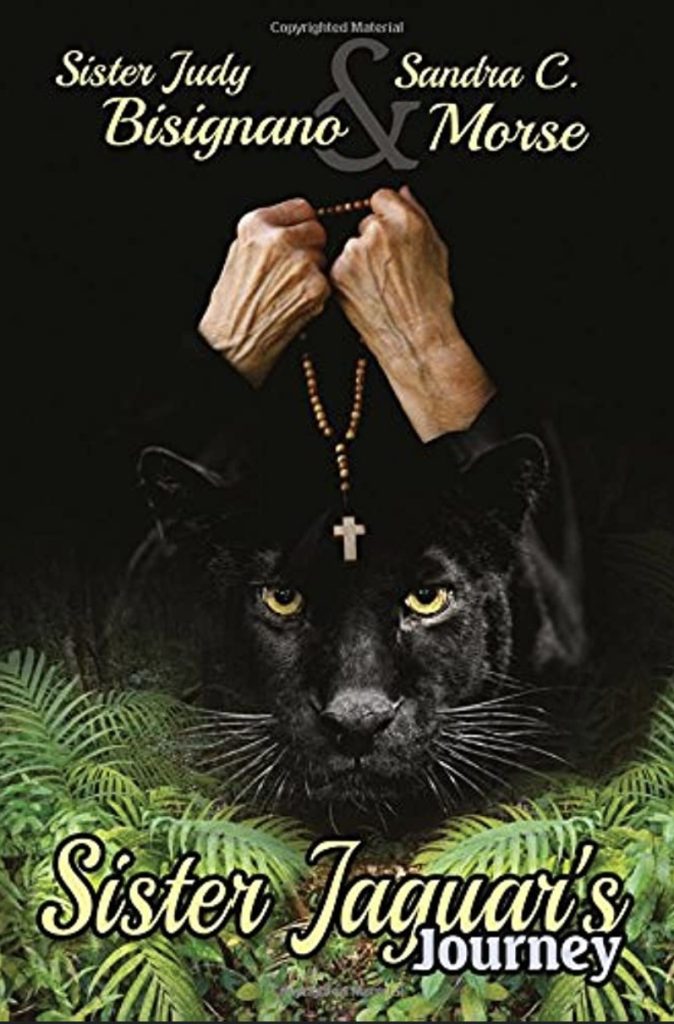
Q: Thank you for sitting down with us today at Raver Magazine, it is truly such a pleasure to chat with you. Please tell us a bit about yourself.
A: I am Sister Judy Bisignano, an 80-year-old Adrian Dominican nun, born and raised in Des Moines, Iowa after World War II. I was the fourth of five “Biz Kids” born into a wealthy family with a hard-working, entertaining restauranteur, and Italian-American father, and a refined, generous, stay-at-home but chauffeur the kids, Irish-American mother.
Joe was the oldest and smartest sibling. Jim was artistic, and Mary Kay was slight of build and full of grace. Since John was the youngest, he was not required to be anything but cute. I had no redeeming qualities; no rightful, stable niche within my powerful family.
I chose to become the angry scapegoat. My negative behavior became the unifying force in the family. It allowed the real problem—my dad’s alcoholism—to be ignored and denied even to this day.
I spent sixty-eight years looking for God in all the wrong places. Thirty-five years of prayer and public service as a formidable alternative school administrator in Tucson, Arizona failed to bring me the peace and divine connection I had always sought. All I ever wanted was a place to belong as a viable member of the Bisignano Family and the Adrian Dominican community. My intention has not yet been realized. It’s the final and most important goal on my resume!

Q: For those Ravers who have not had the opportunity to read your most compelling book, “Sister Jaguar’s Journey,” co-authored with Ms. Sandra Morse, without giving away too much, tell them a little about it, and please also include what inspired you to create the work.
A: Sister Jaguar’s Journey—the film and the book—tell the story of my verbally and physically abusive childhood, and my attempt to avoid family life, marriage and motherhood by entering the convent, where I was met with an even more abusive situation. Sandra Morse and I wrote the book as part of my healing process. We wanted to reassure others that it may take a lifetime of hard work to evolve into our best selves.
Ever the survivor, I worked with amazing teachers, children and teenagers and founded two alternative schools, Kino Learning Center and Cesar Chavez Learning Community, in Tucson, Arizona. When the charter school for the Mexican-American community in South Tucson closed after 11 years, Sandra Morse, an amazing friend and professional communication philosopher, invited me to visit the Indigenous Achuar community in Ecuador’s Amazon rainforest.
My intention for going to the Amazon rainforest was to confront the devastating effects of my lifelong anger toward those I loved and yearned to support. The Amazon rainforest changed my life by launching me onto a path of reconciliation with my turbulent, abusive, angry past. I eventually found peace and forgiveness through plant medicine. Yes, a Dominican nun drank ayahuasca—and it changed everything for me. It was there in that moment, in that place, with those special people, that I found God, healing and forgiveness.
The following day, while sitting in a canoe on the Pastaza River, I witnessed a black jaguar devour a large white bird. To date, I am the only visitor “from the north” to encounter a black jaguar in the Achuar Territory! According to the local shaman, seeing the black jaguar was a good omen, one that would empower me to experience a series of cultural, environmental and spiritual shifts that ultimately transformed my life.
Sister Jaguar’s Journey is the story of my transformational passage from self-rejection to self-acceptance, and from self-blame to self-love. Perhaps it is also the journey of each of us as we search for peace in this life and beyond. The Achuar call me “Hermana Otorango”—Sister Jaguar! I hope you will, too.
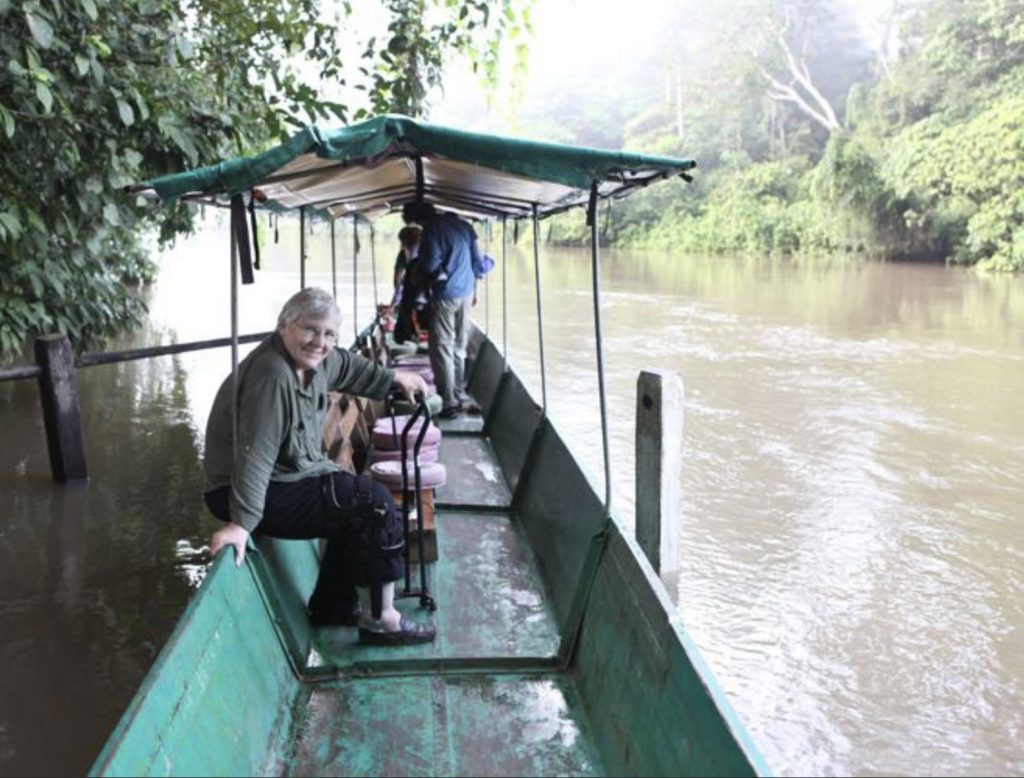
Q: In the book, you described a bit about the grueling process of becoming an Adrian Dominican Nun. How has the rite of passage experience changed for those wishing to join the Order now, as compared to yours? Would you recommend the journey to someone else who sought your advice in becoming a part of the Adrian Dominicans or any other Order?
A: It was I who made becoming an Adrian Dominican a grueling process while congregational leaders often responded with mutual disrespect. I didn’t have enough sense—or grace—to withdraw from the power struggle. My “superiors” (I always hated that title) expected me to embrace their institutional values. I simply wanted to belong to a supportive community of women and operate within their mission of promoting social and environmental justice on a global scale.
As an Adrian Dominican, I wanted to live in community without negating my individuality as I fought to restore justice in a dysfunctional world. It took 68 years for me to realize my role in creating and perpetuating my dysfunctional life. I was finally able to see and recognize within myself, the disrespectful and unjust behavior I resented so much in other people and institutions.
There has been a total paradigm shift in religious life since the 1960s. I spent 40 years refusing to accept what I considered were meaningless accretions passed on as institutional rules, regulations, and rituals. As in many formidable institutions over time, rules and protocol often became more important than the vision, mission, and goals they intended to support.
I first entered the convent in 1960, shortly before Pope John XXIII initiated Vatican II in 1962. Pope John requested that Catholics reach outward in response to the ecumenical needs of the modern world. I was chastised and rejected for questioning authority—familial, institutional, educational, and religious. I was caught in the perfect storm of wanting self-empowerment in a life that valued obedience and conformity to outdated—often abusive—rules and regulations. I lived up to my family nickname—“bullhead”—as I fiercely confronted what I believed were the unjust, unhealthy aspects of religious life as an institution and system.
Today, I remain reluctant to encourage young women to enter religious life, not because of my tremulous experiences as an Adrian Dominican, but because the Catholic Church is not yet prepared to incorporate religious women in strong and equal leadership positions as men. The Catholic Church continues to stand at the epicenter of misplaced power after decades of epochal change and unprecedented scandal.
If religious life within the Catholic Church wants a monumental spike in membership and leadership, lets ordain women and make the vow of celibacy optional and/or limited to a specific group of people for a stipulated period of time. Where do I sign up for such a life of LOVE within a deep sense of RESPECT for JUSTICE?
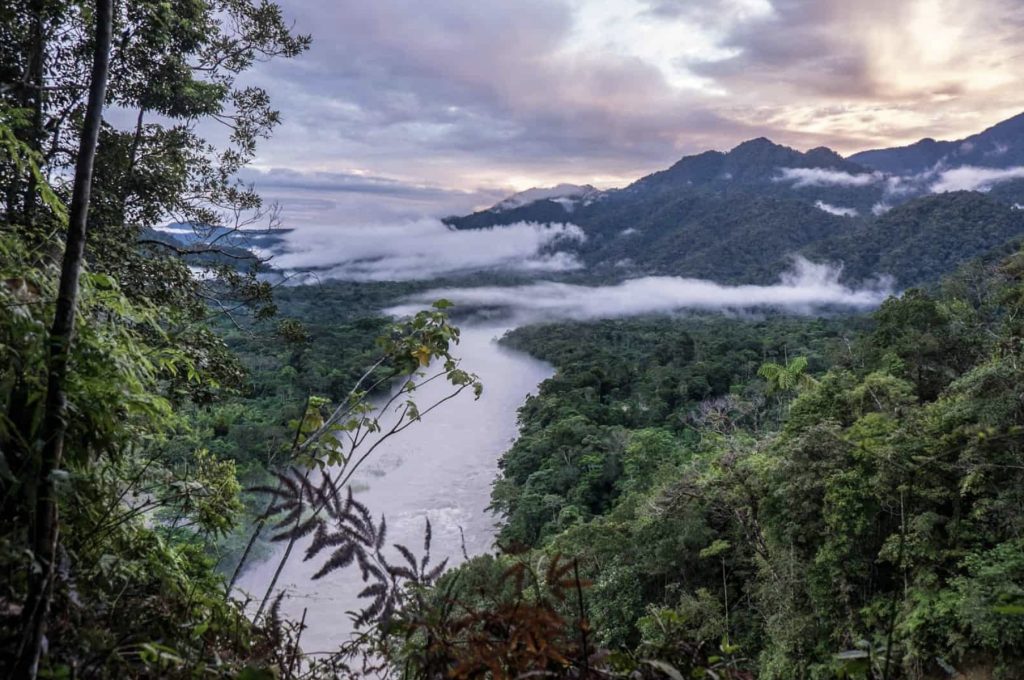
Q: What are some of the accomplishments that you have achieved – things in which you are most proud – during your time as an Adrian Dominican Sister?
A: I’m 80 years old and STILL an Adrian Dominican—still valuing community life while creating a just world, specifically for the marginalized members of my Indigenous Achuar family in Ecuador’s Amazon rainforest.
I am NOT concerned about leaving a legacy. It all seems a bit self-serving. However, I agree with Maya Angelou that “Every person must make a mark on the world that cannot be erased.”
I did, however, lay down some significant markers in my tremulous life as an Adrian Dominican. I received two masters and a doctor’s degree. I coauthored and edited thirty-five books with Kino teachers that brought over $1 Million in royalties to the school. I raised well over $20 Million in private and federal grants to support two, cutting-edge alternative schools in Tucson, Arizona. I assured academic success by hiring the most competent, compassionate teachers and staff on planet Earth.
I had several volunteer positions energized by moonlight. I assisted with bringing at least 2,500 undocumented immigrants seeking political asylum to the United States. I smuggled Bibles from Hong Kong into mainland China. I helped children in Oklahoma City grieve the loss of family members after the bombing of the Murrah Federal Building.
I also managed to do big things just for fun. I was an Arizona finalist for the US Teacher in Space Program. I wrote astronomy and aerospace curriculum for the Young Astronaut Council of the United States. I lectured about radical educational reform in countless communities throughout the United States and the world.
Like my mom, I managed to take my “city kids” on “family vacations” to National Parks—particularly the Grand Canyon. I joined them and became a certified SCUBA diver. We qualified for deep (85 feet), open water (oceanic), night diving. We camped next to gray whales calving in Scammon’s Lagoon, Baja California Sur, Mexico. We were invited to see and celebrate several Shuttle landings as NASA VIPs at Edwards Air Force Base in California. I asked exceptional teachers to guide our “desert pack rats” on a two-week survival expedition in the Alaskan wilderness. I asked to be paid in “student air fares” so we could ALL speak at educational conferences in Japan, Hawaii, and Alaska, as well as several major cities throughout the continental United States.
What is the only unchecked box yet to be accomplished on my bucket list? I so much wanted to live and die a respected and appreciated member of my family and the Adrian Dominican Sisters. I could have been a respected Adrian Dominican—but I wasn’t. I wanted to hear over and over again, that I was a great Biz-Kid, and a splendid Adrian Dominican! But you never told me that, and I didn’t know how to tap into those systems with grace. And you didn’t know how to respond with respect and love! I shouted, “LOOK AT ME! LOOK AT ME! I AM ONE OF YOU!” But you didn’t look at me, you turned away—when I was 4, 10, 15, 18, 20, 24, 26.
I didn’t build those schools and communities for ME. I built them for YOU—and for those closest to YOU! But you didn’t give me a place at the table. You gave me a “floor dish” because I was simply the family dog that got kicked around.
Time is running out! In my next life, I want to be a student of cosmology. I want to discover and name comets after mystics I know personally! Then I’ll claim to be a mystic by association and see if you fall for that one!I didn’t want to build schools, write books, empower those relegated to the margins of life without YOU AT MY SIDE! where true change.
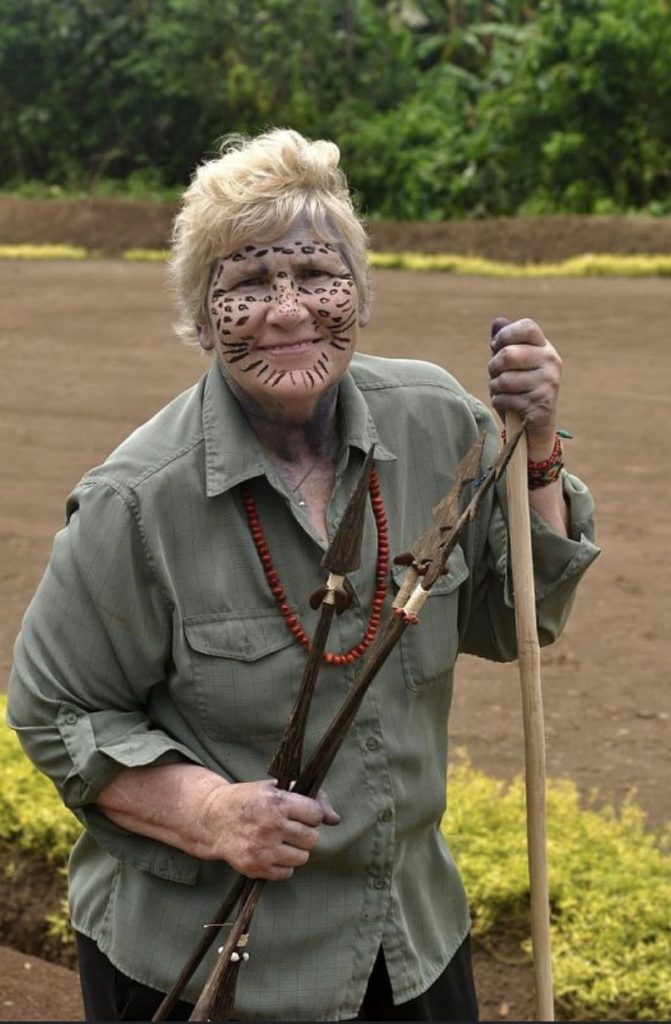
Q: Supposing that you had access to a giant megaphone that could reach all ends of the Earth, what advice would you give to the youth of the world today?
A: First, I would apologize to the youth of the modern world for me and my generation bequeathing them a legacy of discontent. We should have been better teachers, mentors and guides. In many ways, we offered our children a golden calf and an altar on which to pay homage to money, greed, and power. Our children accepted our “gifts”, and passed on the legacy of isolation, discrimination, and abuse to their children. It was an epic mistake with huge social consequences.
I would ask the next generation to press their reset button in order to revive the ancient values of their ancestors and carry that legacy into future generations. I would ask them to value family and community; to substitute independence with interdependence and competition with cooperation as they create a resilient global community. I would encourage them to be planetary citizens; to establish one planet for one people. Finally, I would ask them to meet me at the rivers confluence—where our ancient and modern worlds swirl in peace, mutuality, and service to each other.
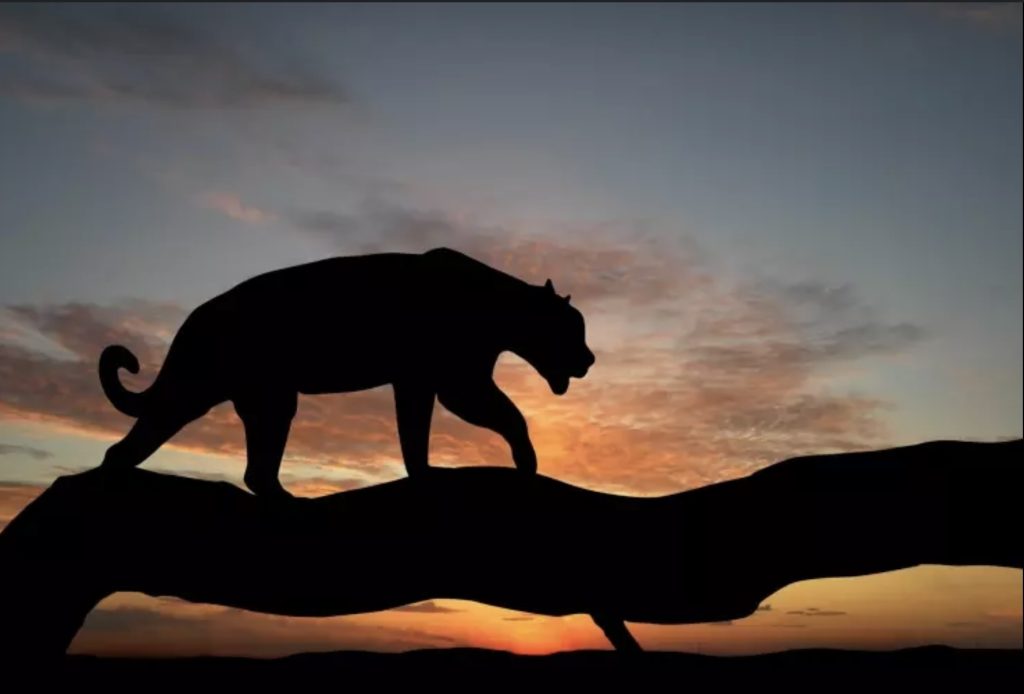
Q: Not so much indicating regret, per se, but more akin to alternate choices, if you could choose something in your life to do over in a different way, what would that be, and why?
A: I should have sincerely asked for forgiveness for the anger I spewed on my biological family, the Adrian Dominicans, and my school communities much sooner than I did. I assumed I did not belong in any social group and appointed myself the lone scapegoat. I blamed myself as I took on the criticism of others. I accepted the irrational hostility—the ongoing abuse—of my family, religious community, and academic peers. I was wrong to devalue myself in that way.
Being the self-appointed scapegoat made me a target, but also a survivor, of emotional abuse. I had the ability to observe and question authority as I developed a deep desire for justice. This enabled me to tolerate much of the personal, family and institutional abuse I encountered in life. Again, I was wrong to devaluate myself in that way.
I was 68 years old before I realized I had to REPARENT myself, then forgive my family, my religious community, and—above all—myself for the abuses we created and perpetuated for each other. Eventually, Sandra Morse guided me as I became a strong and healthy member of my biological family and my Adrian Dominican Sisters.
If I could reinvent myself, I would talk less and listen more. I would take time off from work and retreat into nature simply because I deserve it. I would laugh more and perseverate less over limited money to implement wildly creative projects. Finally, I would sit by a fire on a chilly night and smell my dog just after his and my bath! Why? Because I simply deserve it! It’s part of being an appropriately entitled, grateful human.
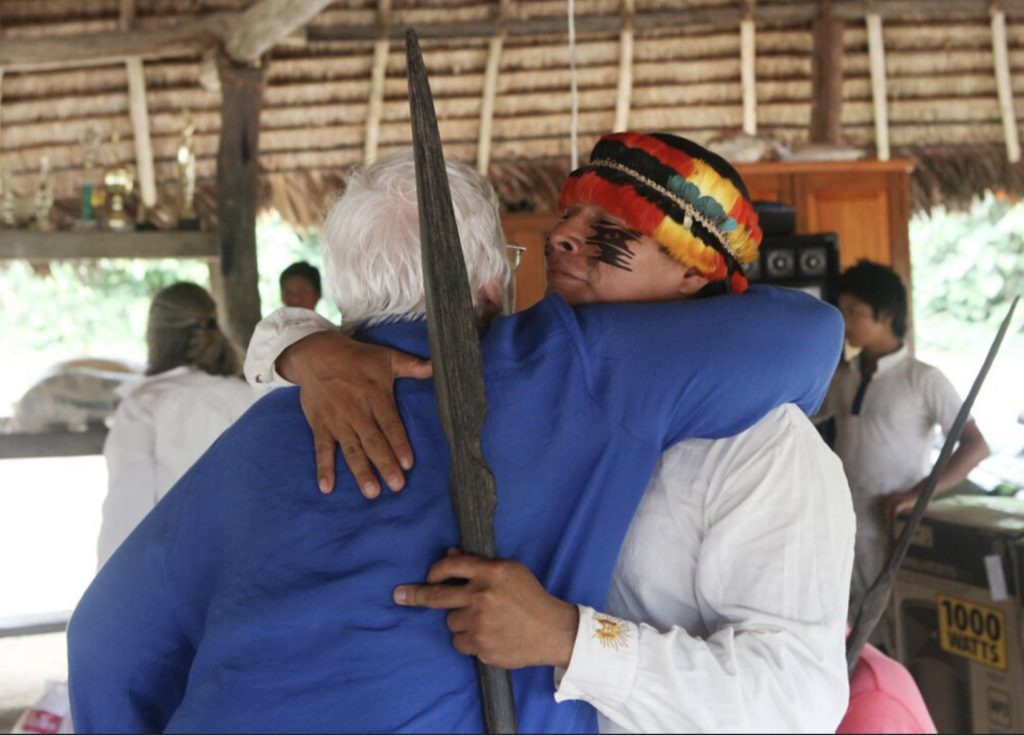
Q: If you could sit down to coffee or tea and crumpets with anyone in the world, living or passed on, who would it be, and why?
A: There are three “beings” with whom I would like to communicate if only I could put myself on their level of consciousness. I sincerely want to talk with trees, the Buddhist mystic—Thích Nhất Hạnh—and my youngest brother, John.
I would ask my woody relatives to describe their lives. Do they know they make the oxygen that supports all life on planet Earth? Do they relate to members of their “family tree” around them? Do they share moisture and nutrients with each other? Do they know they are alive and will someday die? Do they know when fire, drought and other natural disasters threaten their existence? Do they know humans appreciate their willingness to hold massive amounts of carbon and carbon dioxide produced as byproducts of our greed and over-consumption? Do they know how much we love to climb in their branches and rest in their loving arms?
Another being I would love to talk to would be Thích Nhất Hạnh, the founder of Buddhism in the United States. He was a Vietnamese Buddhist monk, peace activist, prolific author, poet and teacher. He was called “Thay” (Master Teacher”) by his friends. He was recognized as the “father of mindfulness”, and a major influence on Western practices of Buddhism.
If I had the opportunity, I would ask Thay to describe his image of God in physical, human terms. Who is God to you? Are you always in the presence of God? Do you laugh together? What do you find humorous? Do you ever worry? How do you return to a peaceful spirit? Do you dream? What is your dream for Pachamama—Mother Earth? Will we ever truly know peace within our modern world? Do you and your friends ever ask, “What would Buddha do?
To be totally honest with you, if I could talk with anyone on Earth, it would be my brother—John. I made a few mistakes while adjusting to institutional living when I moved to our Dominican Motherhouse in 2022. When I allowed my jaguar personality to escape and pounce on a nurse’s aide, I was told that leaving the Motherhouse and returning to Tucson was the best option. I couldn’t believe I was once again getting rejected from my family and home! When the perfect storm cleared, John decided my punishment should be excommunication from his life. He has not spoken to me in eight months—since we both lost our tempers—yet again. I am sorry, John. Please forgive and call me—so I can talk to my favorite branch on our family tree. Thank you.
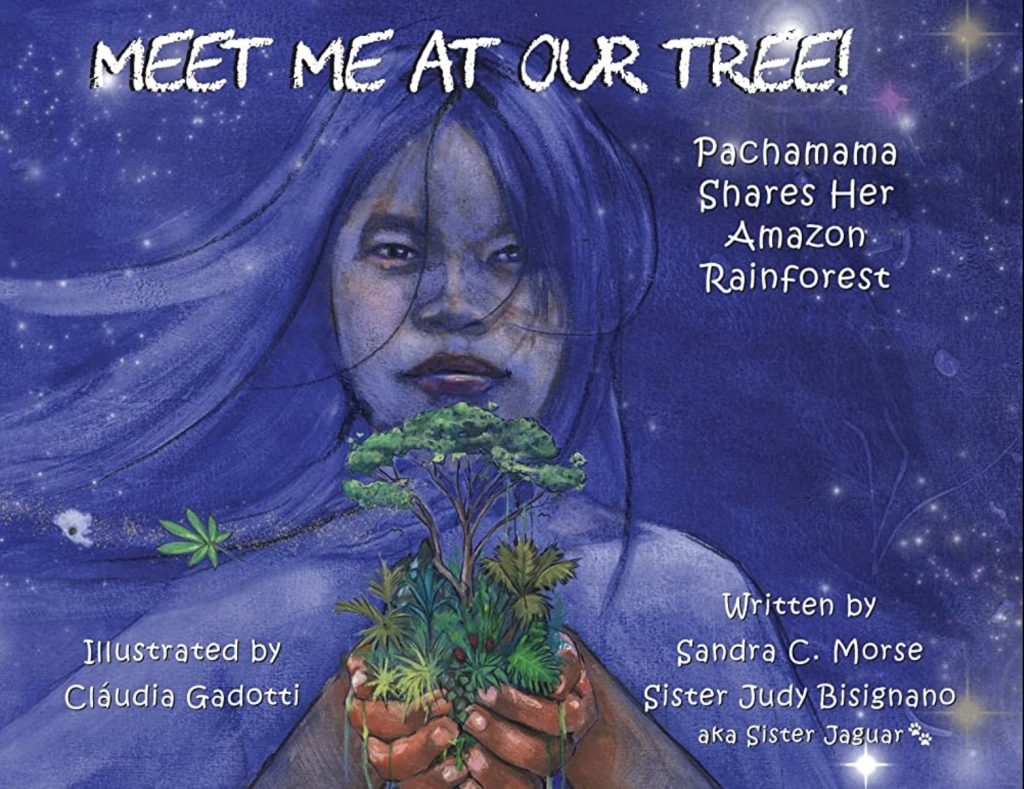
Q: You have a new children’s book available, tell us about it, including the inspiration behind its creation.
A: Sandra Morse and I coauthored Meet Me At Our Tree, available on Amazon [link below this article]. We felt it was a creative way to give children access to complex cultural and environmental issues. The main character is Pachamama—Mother Earth. She converses with Indigenous Achuar children about the abundance and diversity of life in Ecuador’s Amazon rainforest. Pachamama introduces children (ages 5-11) to the importance of protecting our natural world by planting trees—lots of them! The hand-drawn illustrations and conversational text treat climate change issues seriously, but without being scary. It honors Pachamama, our children, and the planet. All proceeds from the sale of the book support the Achuar Reforestation Project in Ecuador’s Amazon rainforest.
Final Comment: Sister Jaguar, thank you so much for taking the time to expand our hearts and minds to the importance of this most critical, precious jewel: the Amazon in Ecuador! If just a fraction of the world possessed your passion, your spirit, in this venture, our Mother Earth would undoubtedly be a cleaner, healthier place to live. Through your work, and in conversing with you, I have developed a deeper understanding as to the importance of our sacred trees, not only the ones dwelling within Ecuador, but every single one around the planet. I hope that the readers of this article, as well as the readers of your beautifully written and illustrated best selling books, will also be enlightened just as much as I.
A: Thank you for letting me share myself with you. I feel like Kermit the frog. It’s not easy being green, honest, and vulnerable! Please take the risk to deeply share yourself with someone you trust. You will both be stronger for the interaction. Finally, let’s agree to meet at the rivers confluence—where our ancient and modern worlds swirl in peace, mutuality, and service to each other.
One Planet—One People!
Click the links below to purchase Sister Jaguar’s books:
The author of this piece, J.L. Caban, is a Puerto Rican-American writer who was born and raised in the Bronx, NY. His works include ‘Moving On,’ ‘Butterflies in Production,’ and ‘Sapphires in the Rubble;’ all available through Barnes & Noble, Amazon, and Target. – Barnes & Noble – Moving On – Butterflies in Production – Instagram – YouTube – Web – Sapphires in the Rubble

